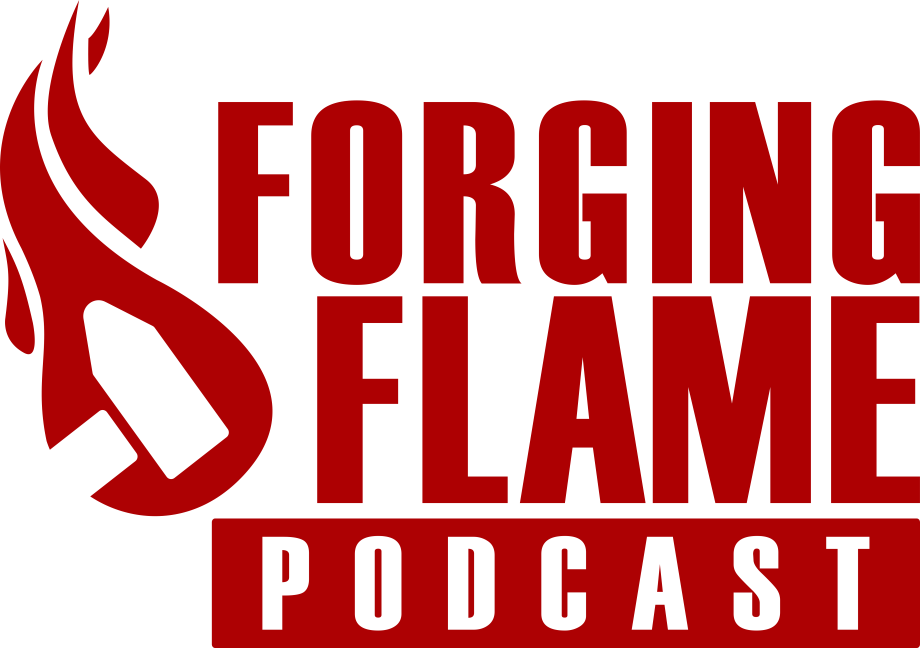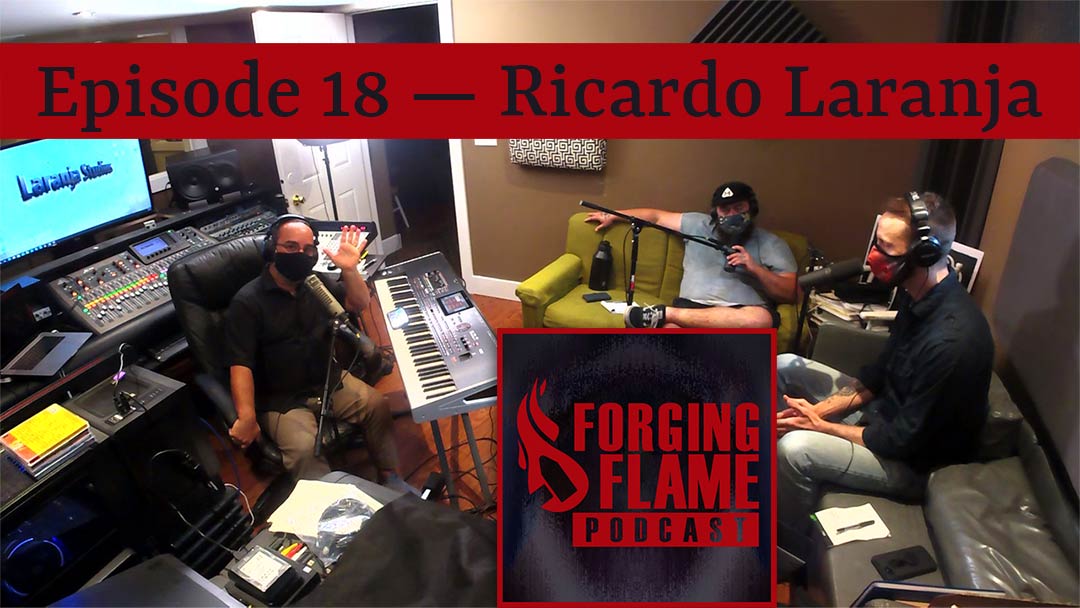Ricardo Laranja is a world class musician, producer, composer, teacher, and he was my primary mentor during my time in college. I can’t understate the positive impact this guy had on my life.
In the beginning of this podcast, I stammered a bit trying not to say “Ricardo taught me everything I know about audio production.” It’s more accurate to say that the fundamentals and principles I learned from Ricardo’s Audio Production classes at IUPUI carried me throughout my career, and remain quintessential in all of my audio/video related work.
A little Bio:
Ricardo Laranja was born in Brazil and became the youngest professional musician in the country at the age of 12. He played piano for the Brazilian president at 13 and published his first book at 16. He attended classes at Berklee College of Music (also the youngest at the time), and went on to establish the audio production program at the IU School of Informatics in 2003.
Like many young adults, I enrolled in a general studies program at my university hoping for something to grab my attention. I gravitated towards the Media Arts program, where I was bound to cross paths with Ricardo in his foundational digital audio class.
His enthusiasm was (and still is) infectious—he loves sharing his knowledge and passion for music and audio production, and his teaching style makes the material so accessible while inspiring endless possibilities. As a student, his projects were always my favorite! Some of which included:
- Recreating sound effects (Foley) and dialog (ADR) for a scene in an industry standard film
- Animating a children’s book in surround sound
- Producing three songs and a press kit for a musical artist
- Creating a podcast (back in 2009 before podcasts were cool!)
Ask anyone in the New Media Program at IUPUI during that era, Ricardo’s “Foley Parties” were certainly one of the highlights!
In the podcast, Ricardo talks about how he selects projects for his students based on the skills they will learn, his methods for teaching, and some of his experiences as a musician and producer. I’m so happy we recorded the podcast in the console room of his home studio (Laranja Studios). There in front of his keyboard, Ricardo is in his natural habitat—he even performed his spot-on Louis Armstrong cover of What a Wonderful World, just for funzies!

